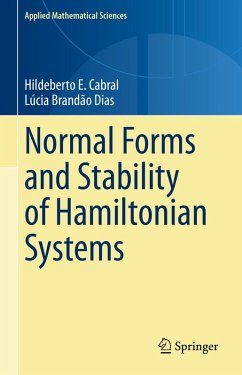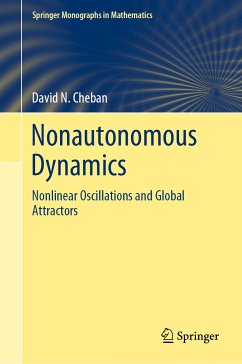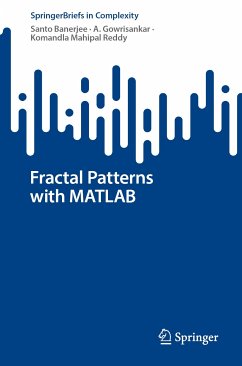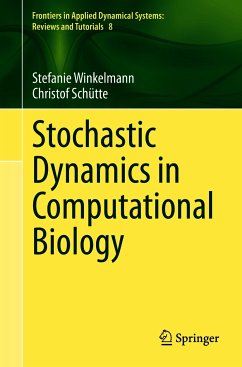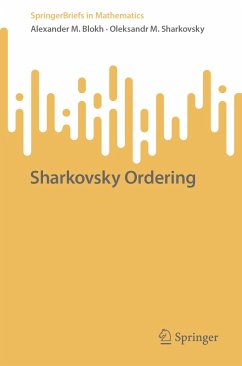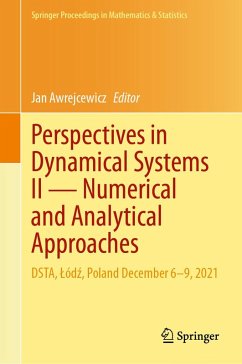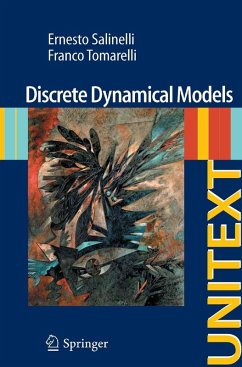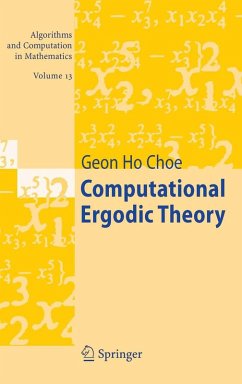
Dynamical Systems on Networks (eBook, PDF)
A Tutorial
Versandkostenfrei!
Sofort per Download lieferbar
32,95 €
inkl. MwSt.
Weitere Ausgaben:

PAYBACK Punkte
16 °P sammeln!
This volume is a tutorial for the study of dynamical systems on networks. It discusses both methodology and models, including spreading models for social and biological contagions. The authors focus especially on "simple" situations that are analytically tractable, because they are insightful and provide useful springboards for the study of more complicated scenarios. This tutorial, which also includes key pointers to the literature, should be helpful for junior and senior undergraduate students, graduate students, and researchers from mathematics, physics, and engineering who seek to study dy...
This volume is a tutorial for the study of dynamical systems on networks. It discusses both methodology and models, including spreading models for social and biological contagions. The authors focus especially on "simple" situations that are analytically tractable, because they are insightful and provide useful springboards for the study of more complicated scenarios. This tutorial, which also includes key pointers to the literature, should be helpful for junior and senior undergraduate students, graduate students, and researchers from mathematics, physics, and engineering who seek to study dynamical systems on networks but who may not have prior experience with graph theory or networks.
Mason A. Porter is Professor of Nonlinear and Complex Systems at the Oxford Centre for Industrial and Applied Mathematics, Mathematical Institute, University of Oxford, UK. He is also a member of the CABDyN Complexity Centre and a Tutorial Fellow
of Somerville College. James P. Gleeson is Professor of Industrial and Applied Mathematics, and co-Director of MACSI, at the University of Limerick, Ireland.
Mason A. Porter is Professor of Nonlinear and Complex Systems at the Oxford Centre for Industrial and Applied Mathematics, Mathematical Institute, University of Oxford, UK. He is also a member of the CABDyN Complexity Centre and a Tutorial Fellow
of Somerville College. James P. Gleeson is Professor of Industrial and Applied Mathematics, and co-Director of MACSI, at the University of Limerick, Ireland.
Dieser Download kann aus rechtlichen Gründen nur mit Rechnungsadresse in A, B, BG, CY, CZ, D, DK, EW, E, FIN, F, GR, HR, H, IRL, I, LT, L, LR, M, NL, PL, P, R, S, SLO, SK ausgeliefert werden.



